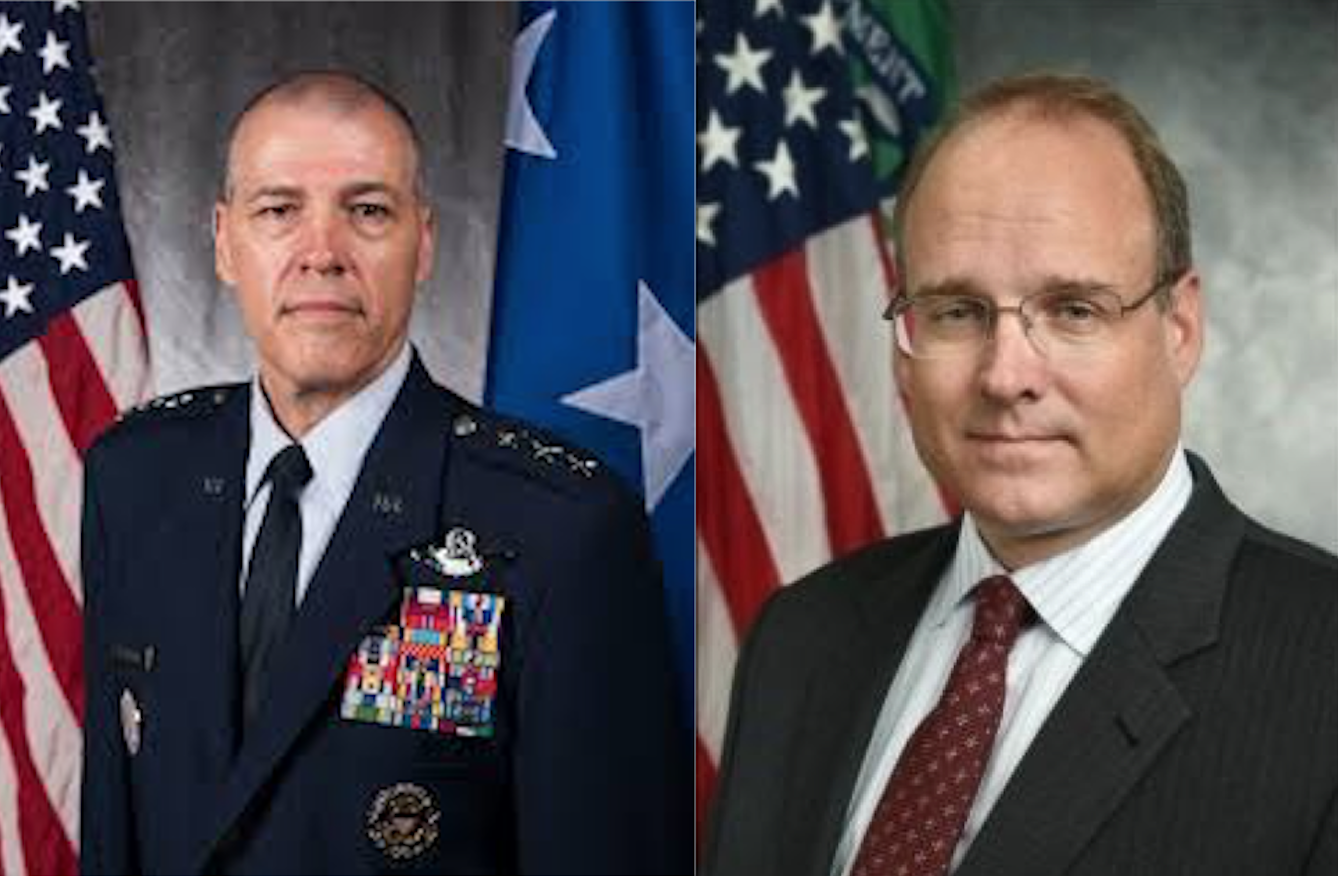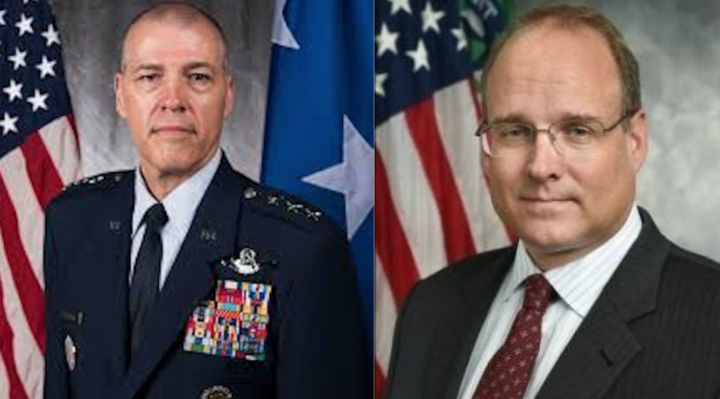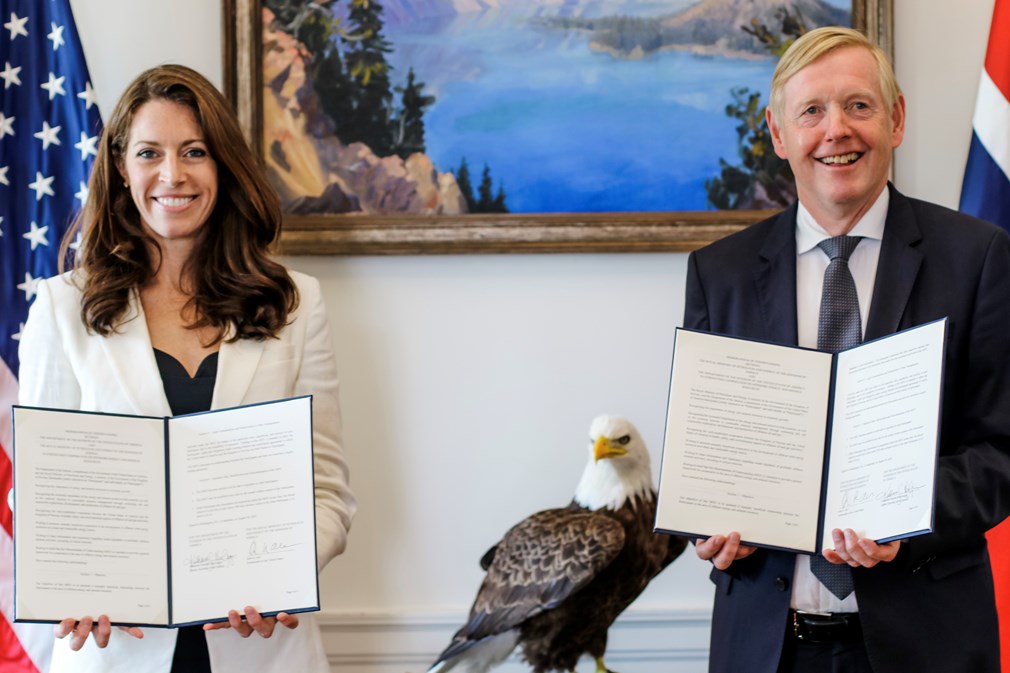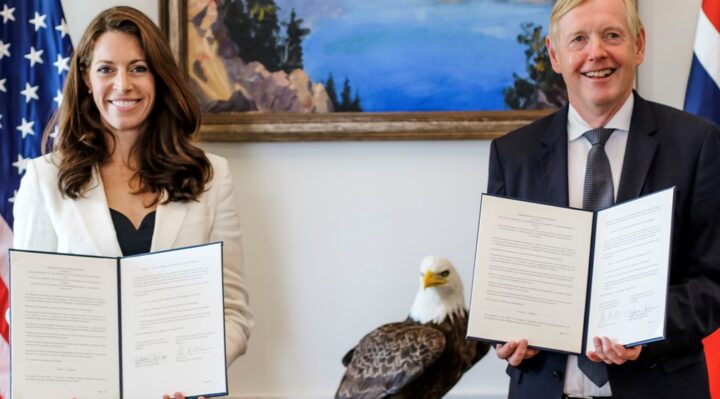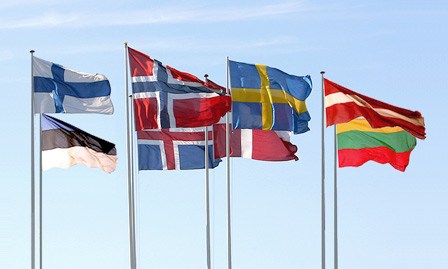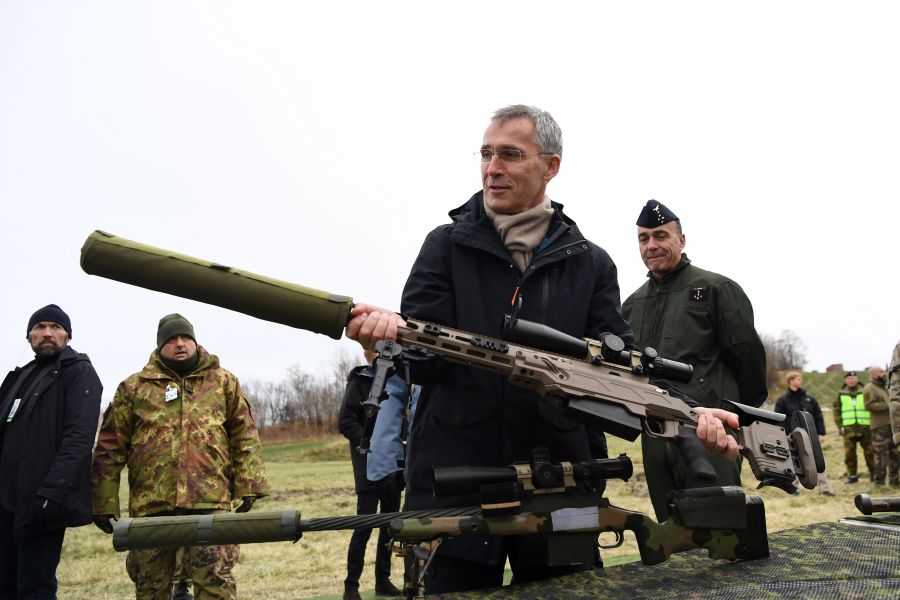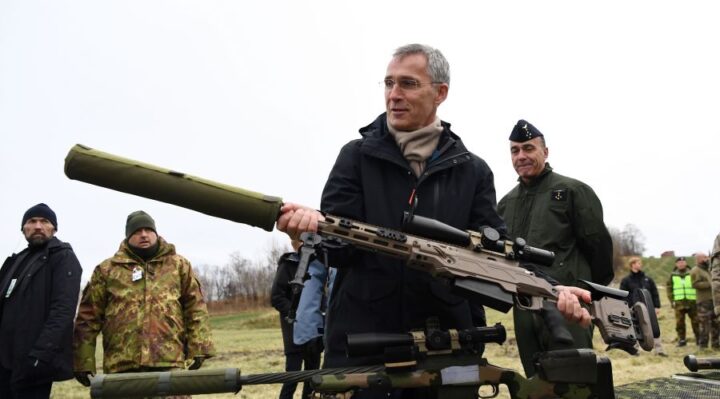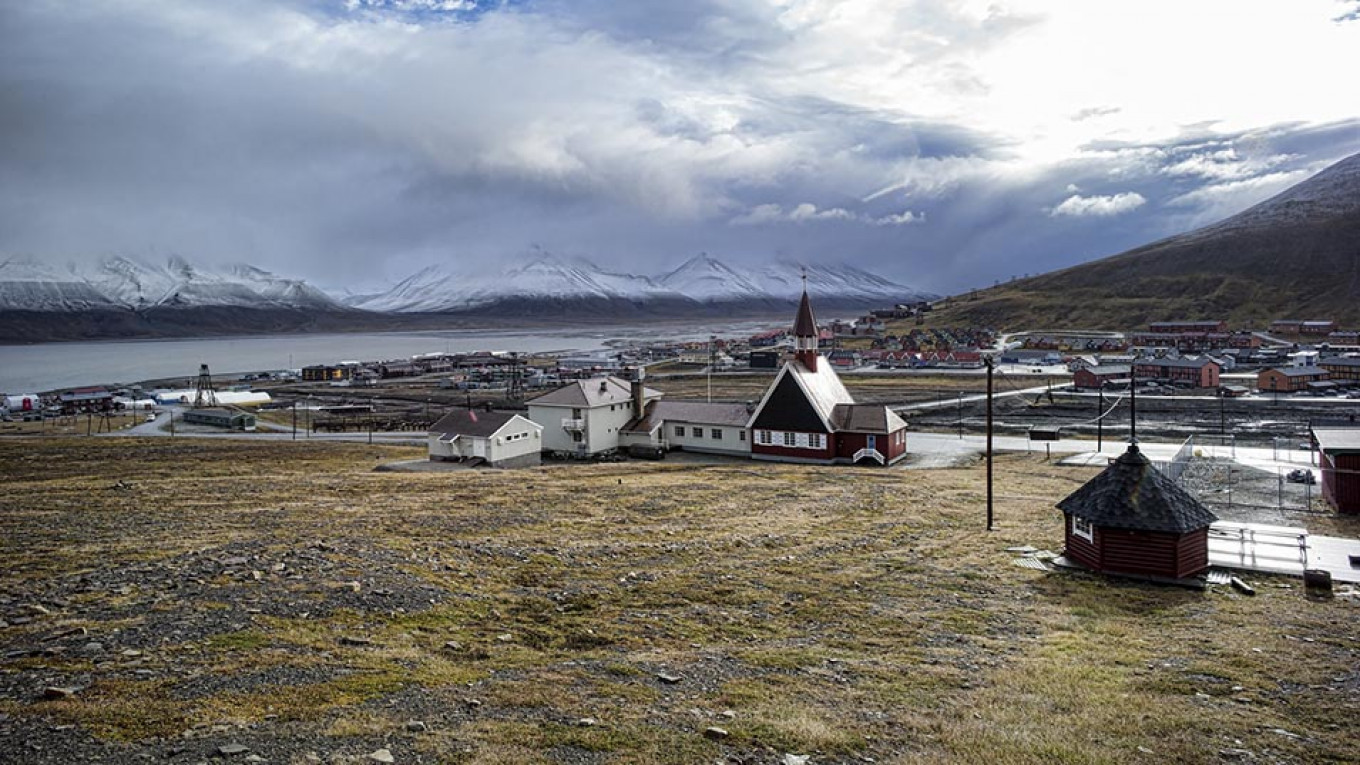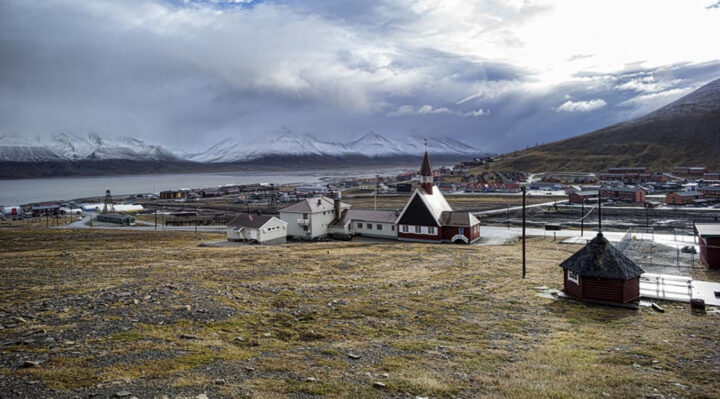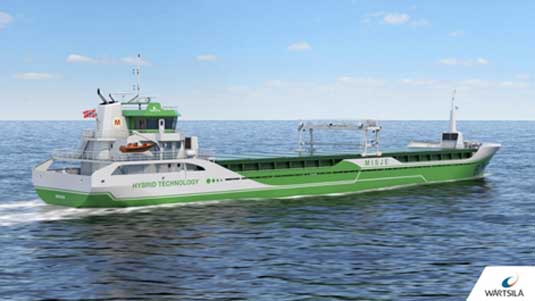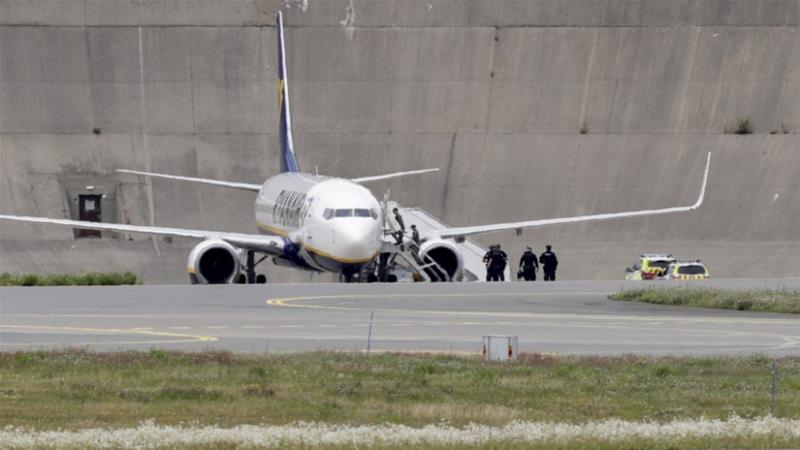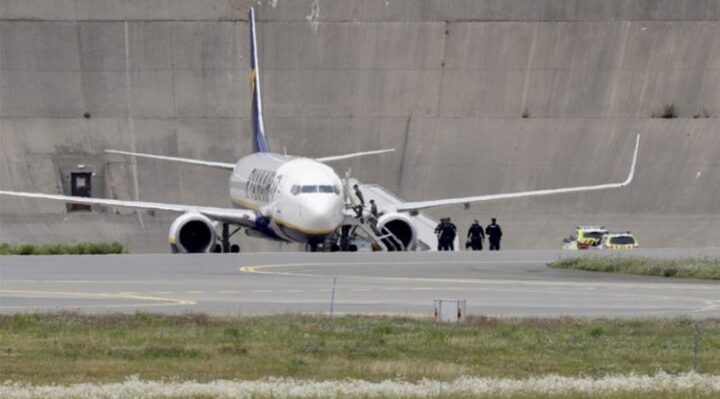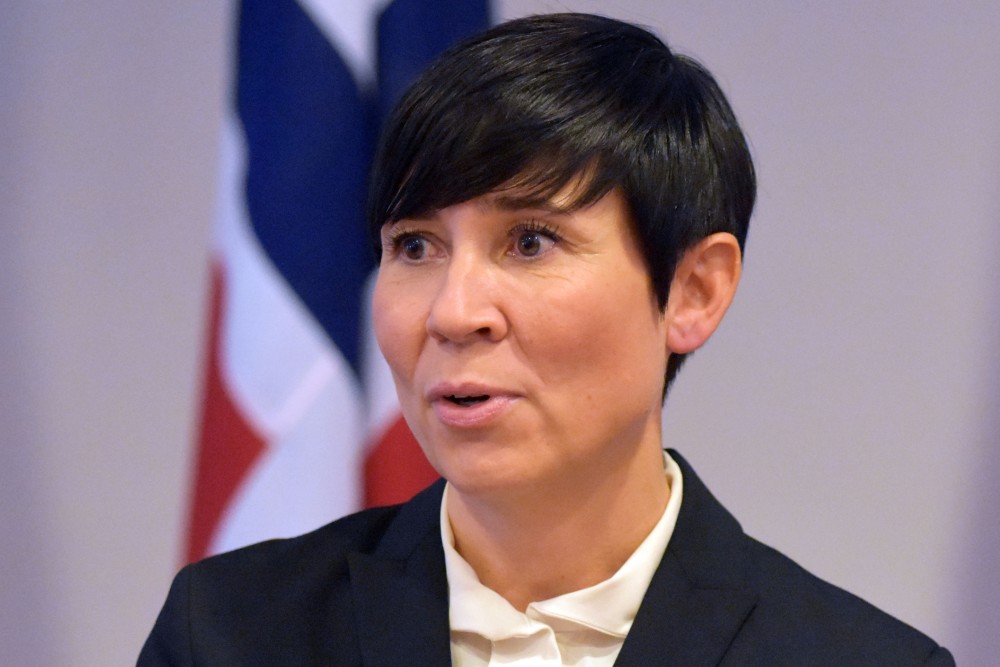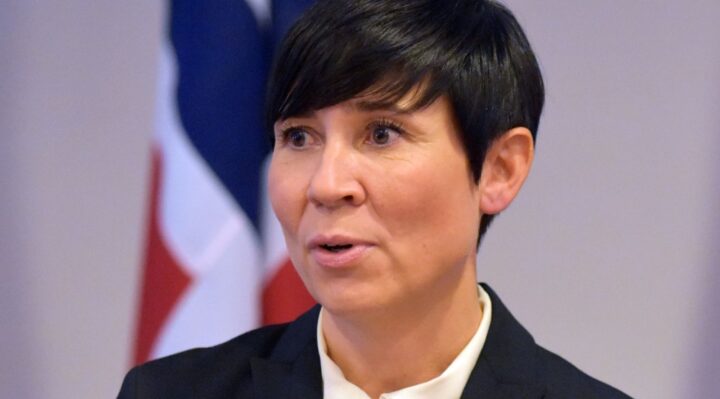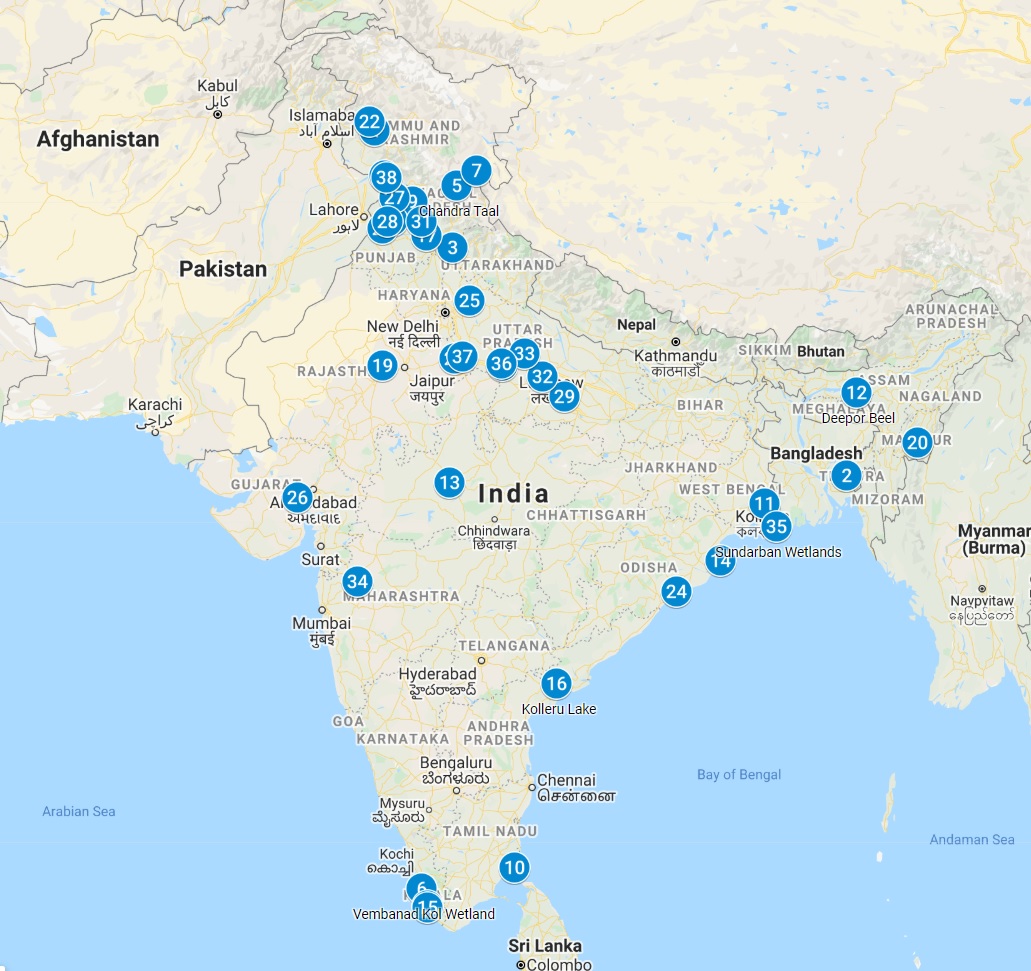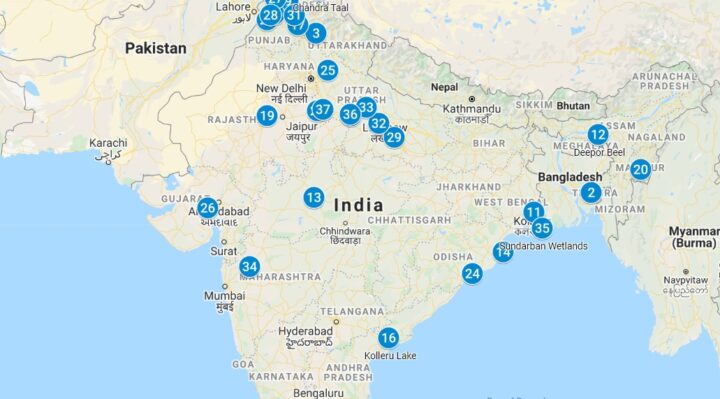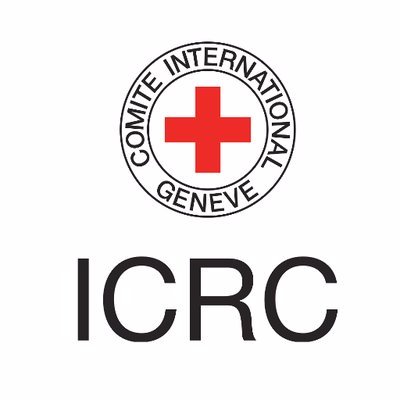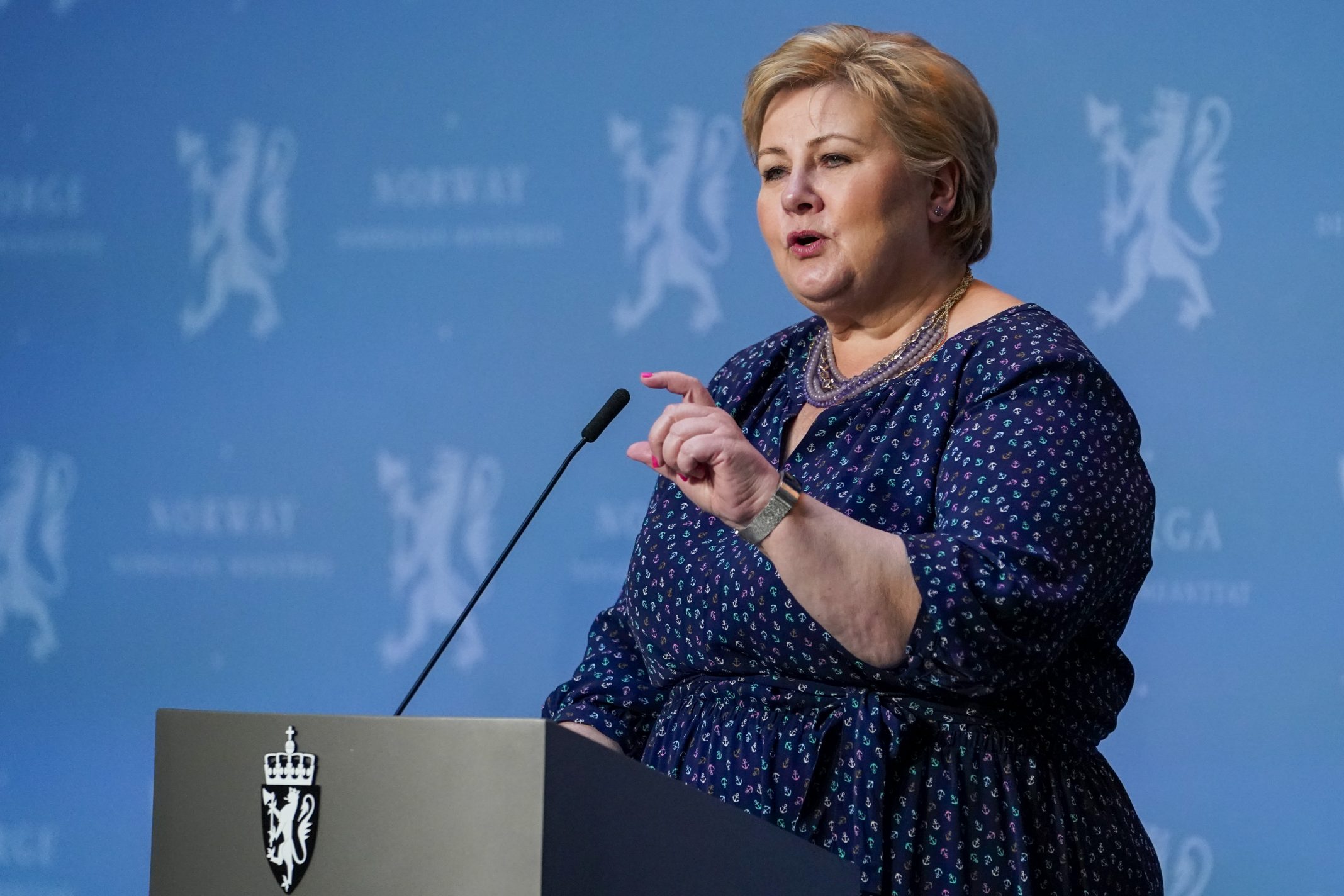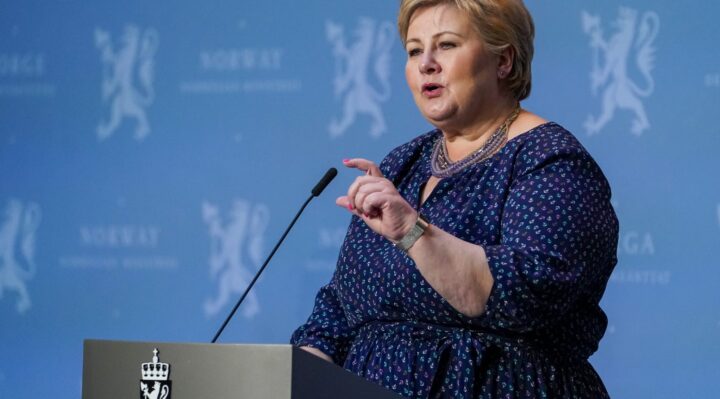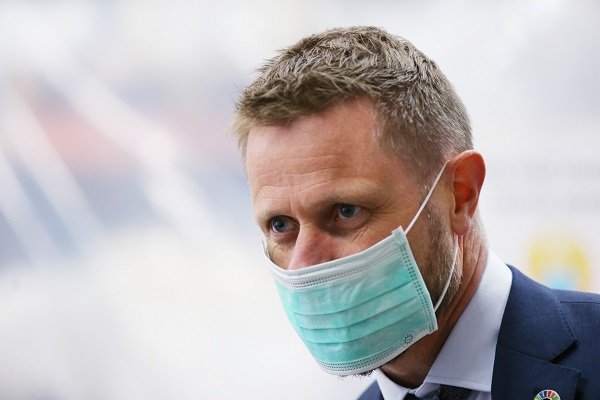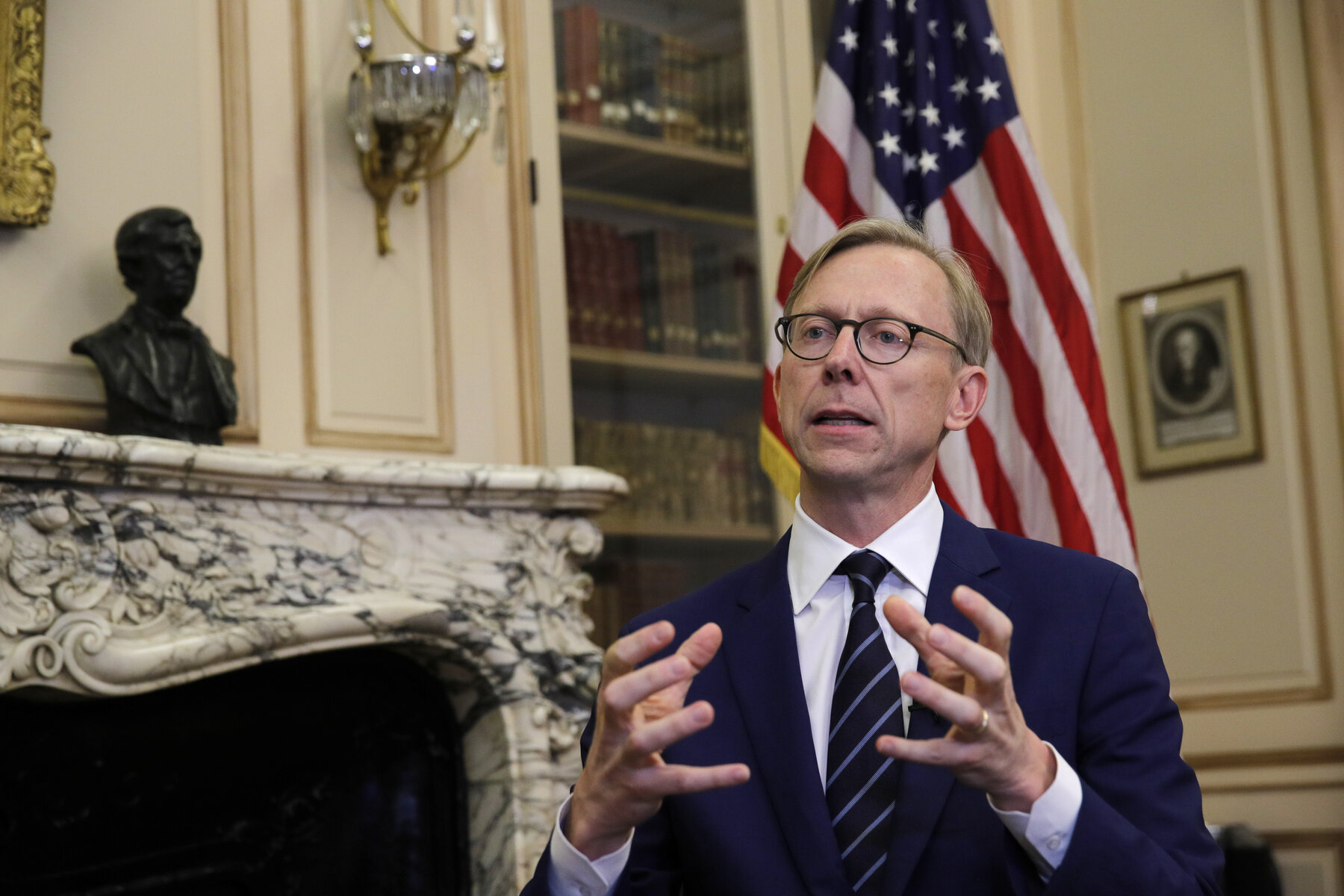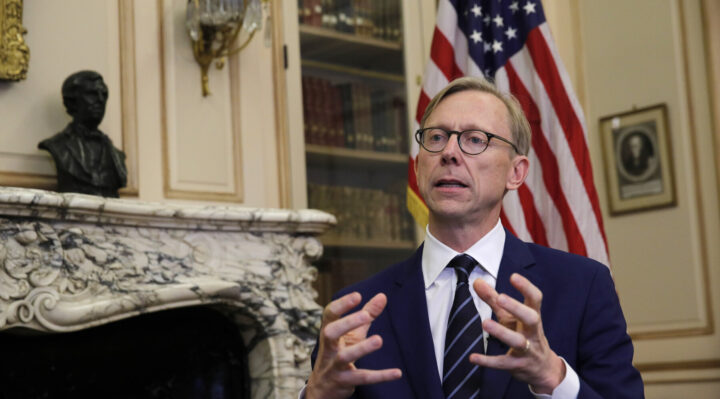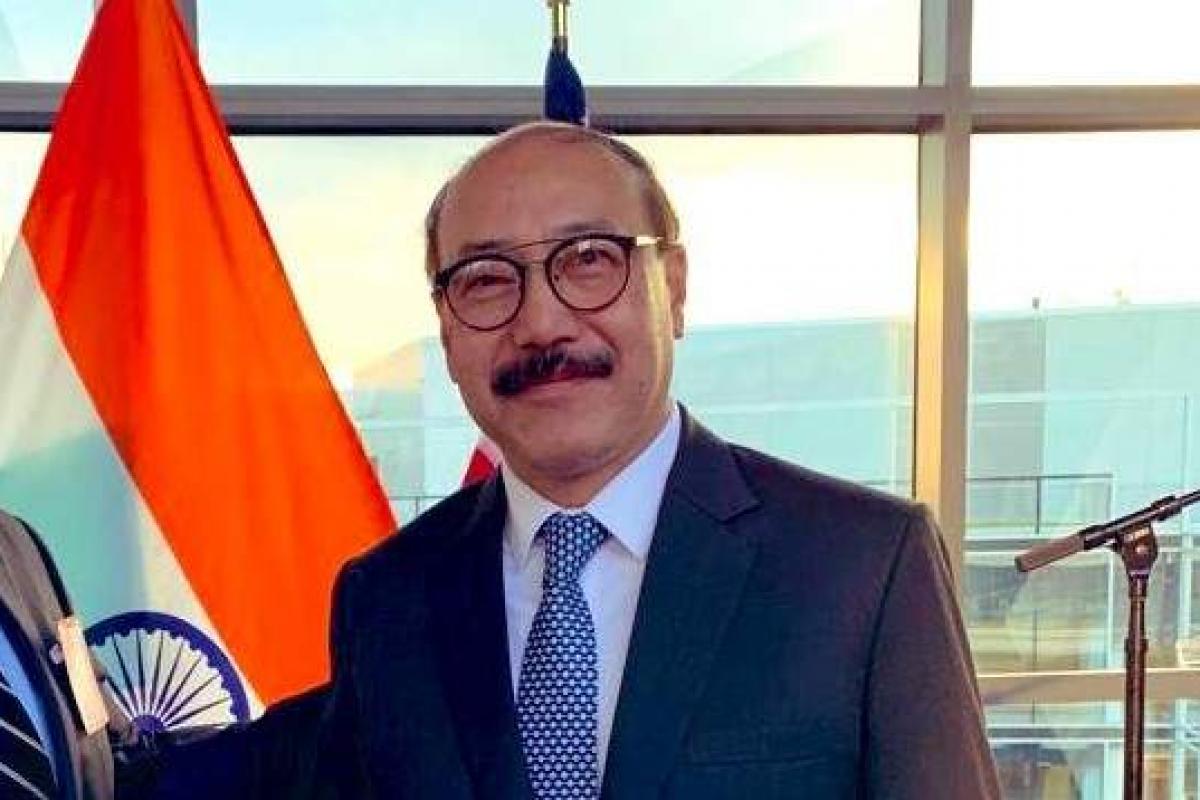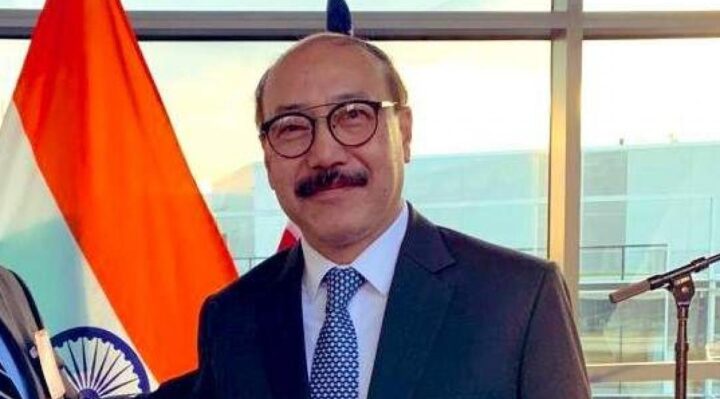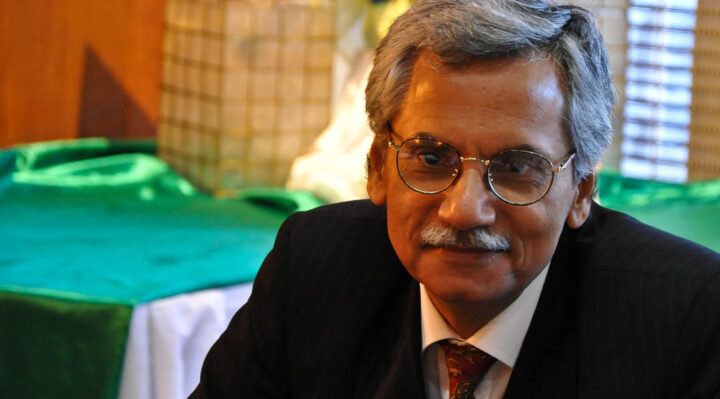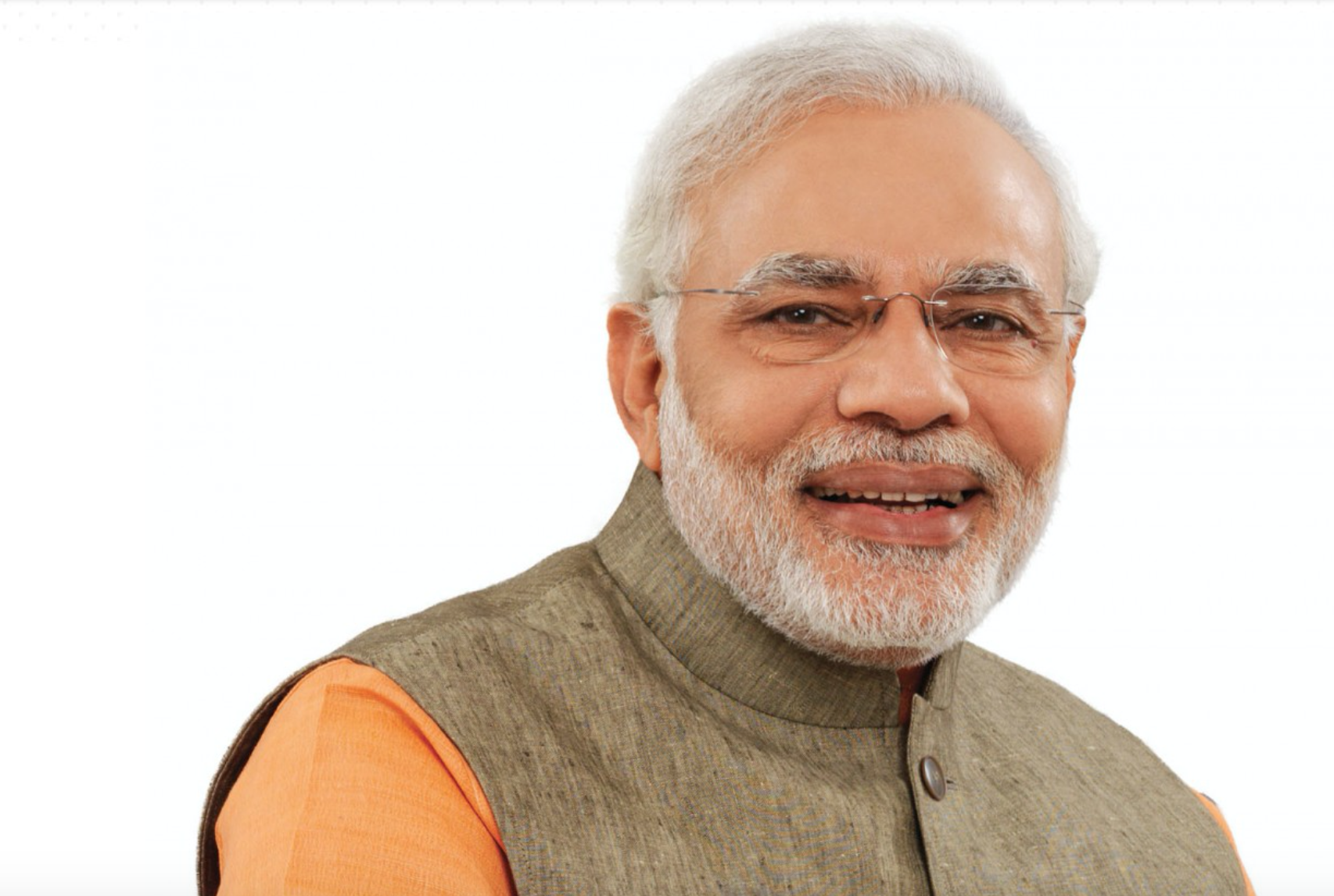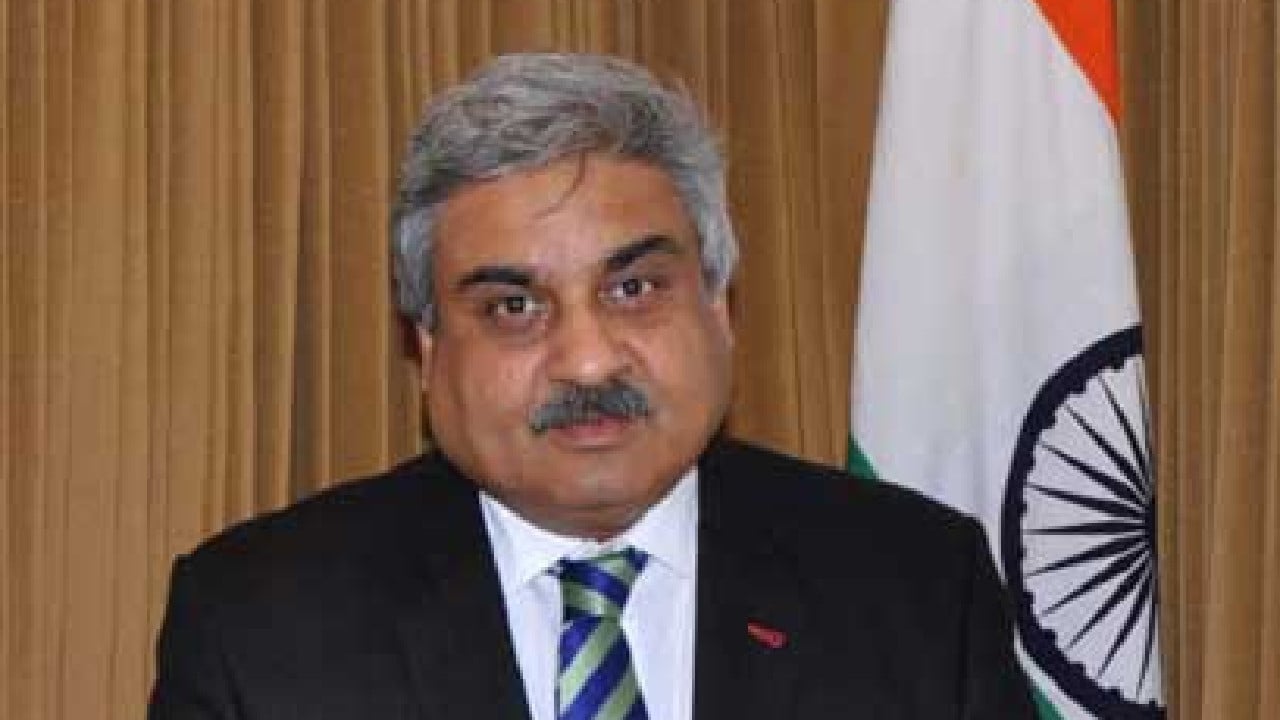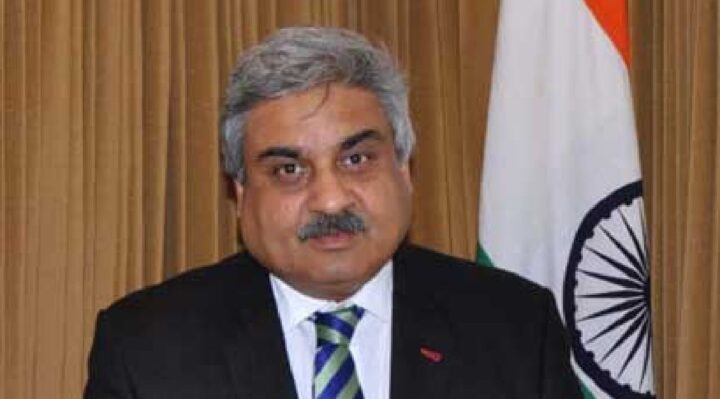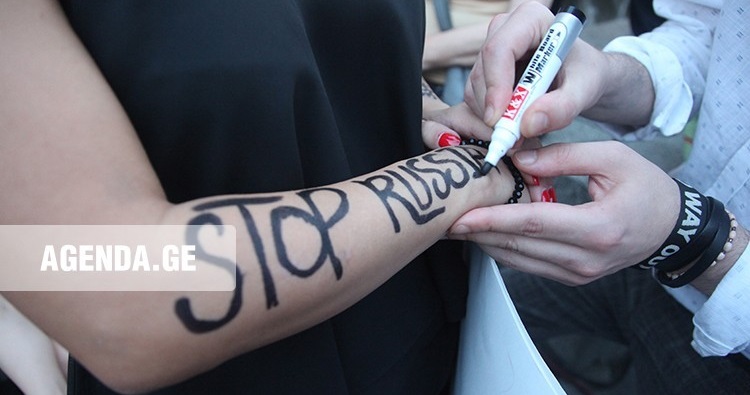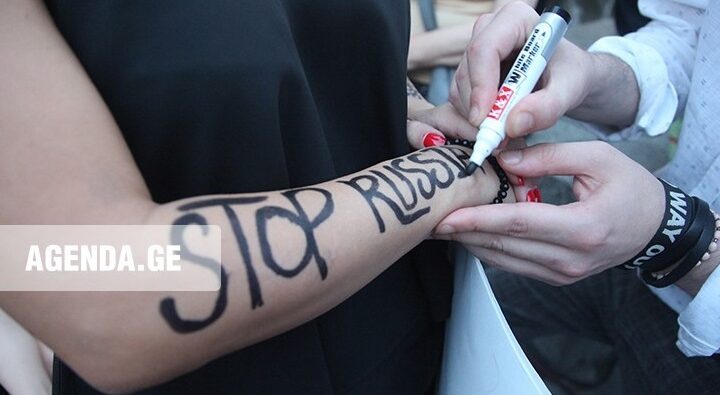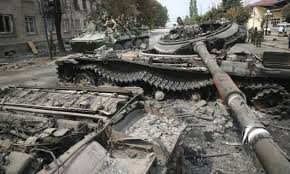In a recent assessment, the International Monetary Fund (IMF) points out that the Norwegian financial system is resilient to shocks and subject to well-developed oversight. However, the IMF also emphasizes that there are vulnerabilities that requires vigilance, and highlights some areas where regulation and oversight may be strengthened. Stress tests conducted by the IMF indicate that Norwegian banks are resilient and can withstand significant losses resulting from the Covid-19 pandemic.
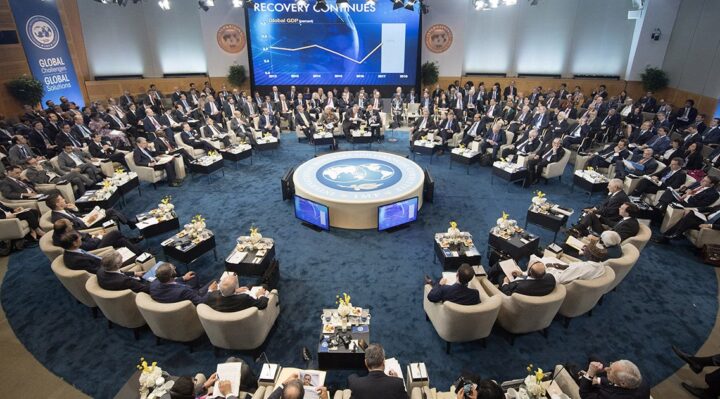
– The Norwegian financial system is well-functioning, but there are challenges to address. The IMF’s analysis of vulnerabilities related to property markets and the economic impact of the virus outbreak largely aligns with our own assessments. I am glad that the IMF recognizes Norwegian authorities’ efforts in recent years, and the new set of recommendations from the IMF is a valuable contribution to our forthcoming work, says Minister of Finance Jan Tore Sanner.
In its latest Financial System Stability Assessment (FSSA) of Norway, the IMF highlights that Norwegian authorities in recent years have raised regulatory capital requirements for banks, introduced a residential a mortgage regulation, introduced a new bank resolution framework and implemented a number of measures to mitigate the economic impact of the Covid-19 pandemic. Furthermore, the IMF supports the announced increase in the systemic risk buffer requirement intended to maintain banks’ capital requirements in real terms, and the Financial Supervisory Authority’s enhanced oversight of banks’ internal capital adequacy models.
The IMF recommends certain measures to further improve the policy framework, including further strengthening of macroprudential policy communication and coordination, consideration of new measures to address risks in the commercial real estate sector, make the borrower-based household measures permanent, and strengthen oversight of smaller banks and cybersecurity risk in payment systems.
Much of the work of the IMF experts was conducted prior to the Covid-19 pandemic, but the final FSSA report has been updated to reflect key developments and to include an extended stress test of Norwegian banks. The stress tests show that the banks collectively are resilient both in the face of increased losses that could result from the Covid-19 pandemic, as well as in an alternative market risk scenario. Additionally, an IMF analysis of climate-related transition risk suggests that sharp increases in carbon prices would have a significant but manageable impact on banks’ loan losses. Besides the effects of the pandemic, the IMF highlights a high level of uncertainty and that the most important risk factors in the Norwegian financial system remain the indebtedness of the household sector, high real estate prices and banks’ reliance on wholesale funding.
The IMF regularly reviews member states’ financial systems in order to assess weaknesses and strengths and to recommend measures that could contribute to more robust financial systems. The Financial Sector Assessment Program (FSAP) is an important part of the IMF’s financial surveillance. Since 2010, it is mandatory for jurisdictions determined to have systemically important financial sectors to undergo assessments under the FSAP every five years. This includes Norway, and the previous assessment of the Norwegian financial system was conducted in 2014-2015. During the latest 2019-2020 assessment, experts from the IMF have had a series of meetings with Norwegian authorities, financial institutions and academic communities.
More:


